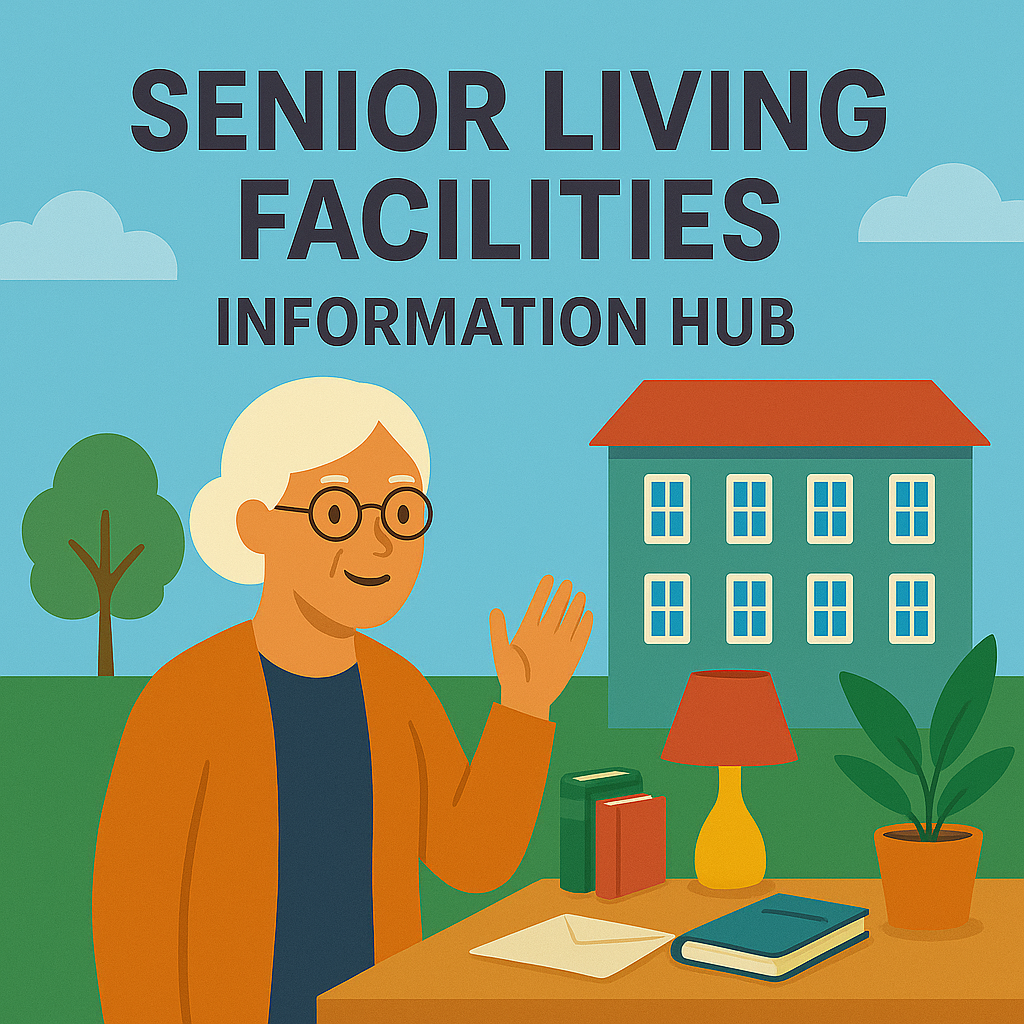Finding the Right Place to Call Home
The Senior Living Facilities Hub
Choosing a senior living facility is a significant decision for families and individuals alike. This hub provides comprehensive resources, tips, and guidance to help you navigate options, evaluate care levels, and make informed choices for a comfortable and supportive environment.

Table of Contents
Key Things To Know
Senior living facilities offer different levels of care and community for older adults, ranging from independent living to skilled nursing. Understanding the options can help families make informed decisions based on health, lifestyle, and long-term goals.
- There are several types of senior living facilities: These include independent living, assisted living, memory care, skilled nursing facilities, and continuing care retirement communities (CCRCs), each offering a different level of support.
- Independent living is best for active seniors who want convenience and community: These facilities often provide meals, housekeeping, and social activities, but no medical care.
- Assisted living provides help with daily tasks: This includes support with bathing, dressing, medication management, and meals, while still promoting independence.
- Memory care units are designed for individuals with dementia or Alzheimer’s disease: These secure environments offer structured routines, specialized staff, and cognitive support.
- Skilled nursing facilities (nursing homes) offer 24/7 medical care: They are best for individuals with serious health conditions who require ongoing clinical supervision or rehabilitation.
- CCRCs offer a continuum of care in one location: Residents can move between levels of care—such as independent to assisted to skilled nursing—without leaving the community.
- Costs vary widely by type and location: Senior living may be paid out of pocket, with limited support from long-term care insurance, Medicaid, or veterans’ benefits.
- Touring facilities and asking questions is essential: In-person visits can help you assess cleanliness, staff attentiveness, resident engagement, and overall fit.
- Contract terms and pricing structures can be complex: Some communities require entrance fees or long-term contracts, while others operate on a month-to-month basis.
- Planning ahead opens up more options: Waiting until there’s a crisis can limit availability or increase stress. Exploring choices early helps match the right setting with your values and needs.
Resources
You shouldn’t have to navigate the complexities of senior living on your own. Fortunately, we have resources to guide you in finding the right solutions.
Find A Senior Living Facility Near You
Easily connect with trusted senior living options by using our directory to find a qualified facility or community near you.
Senior Living Facilities Related Content
Frequently Asked Questions
Disclaimer: The information provided on this website and by Buried in Work is for general informational purposes only and should not be considered legal advice. Please consult with a qualified attorney or subject matter expert for advice specific to your situation.


